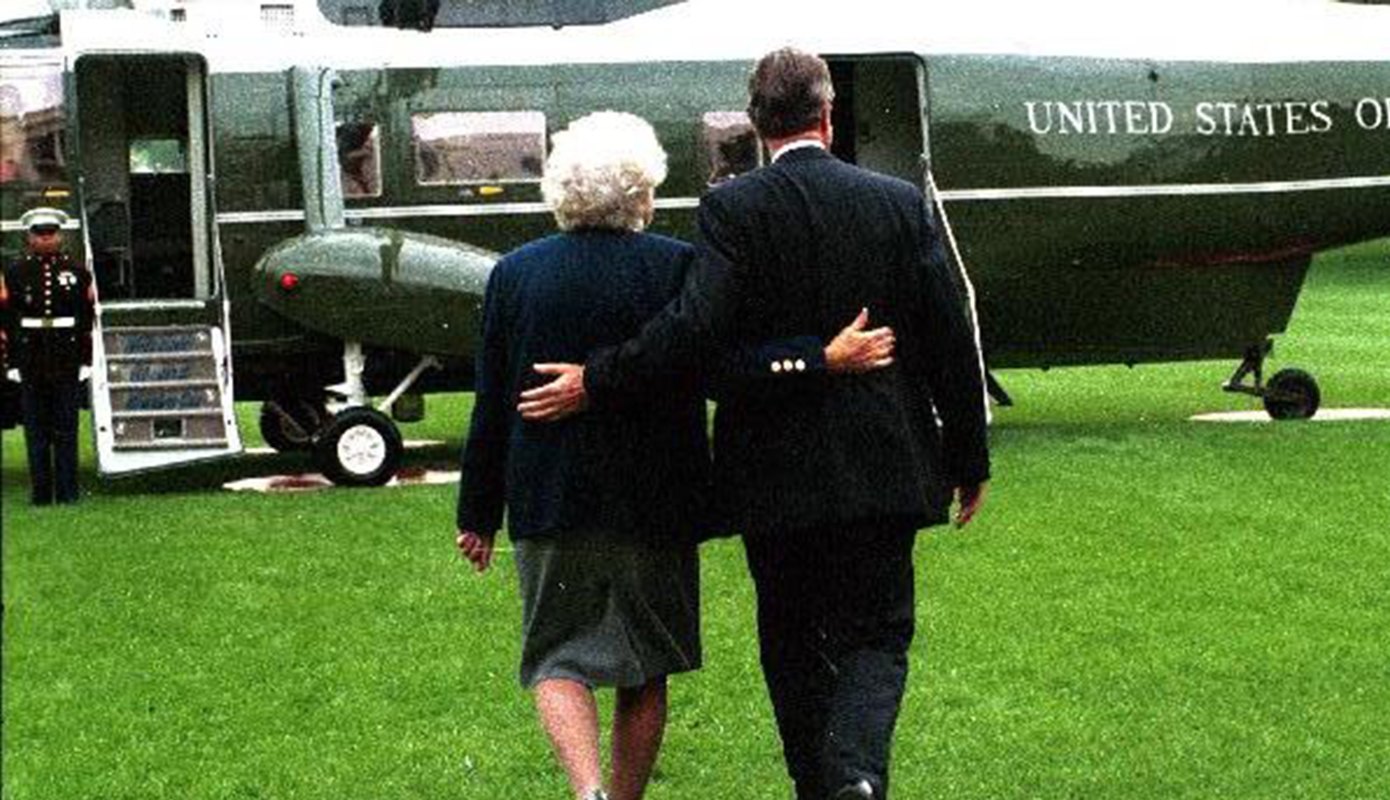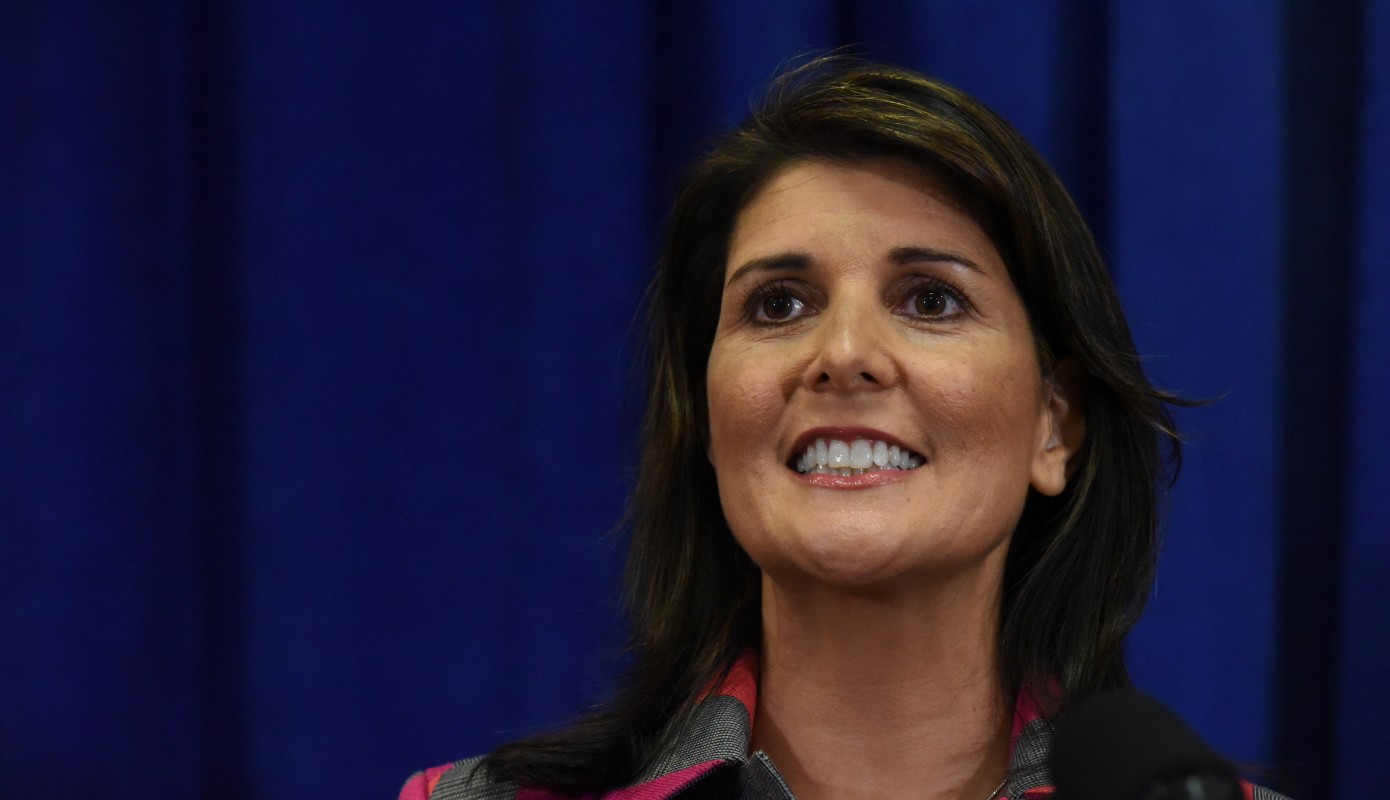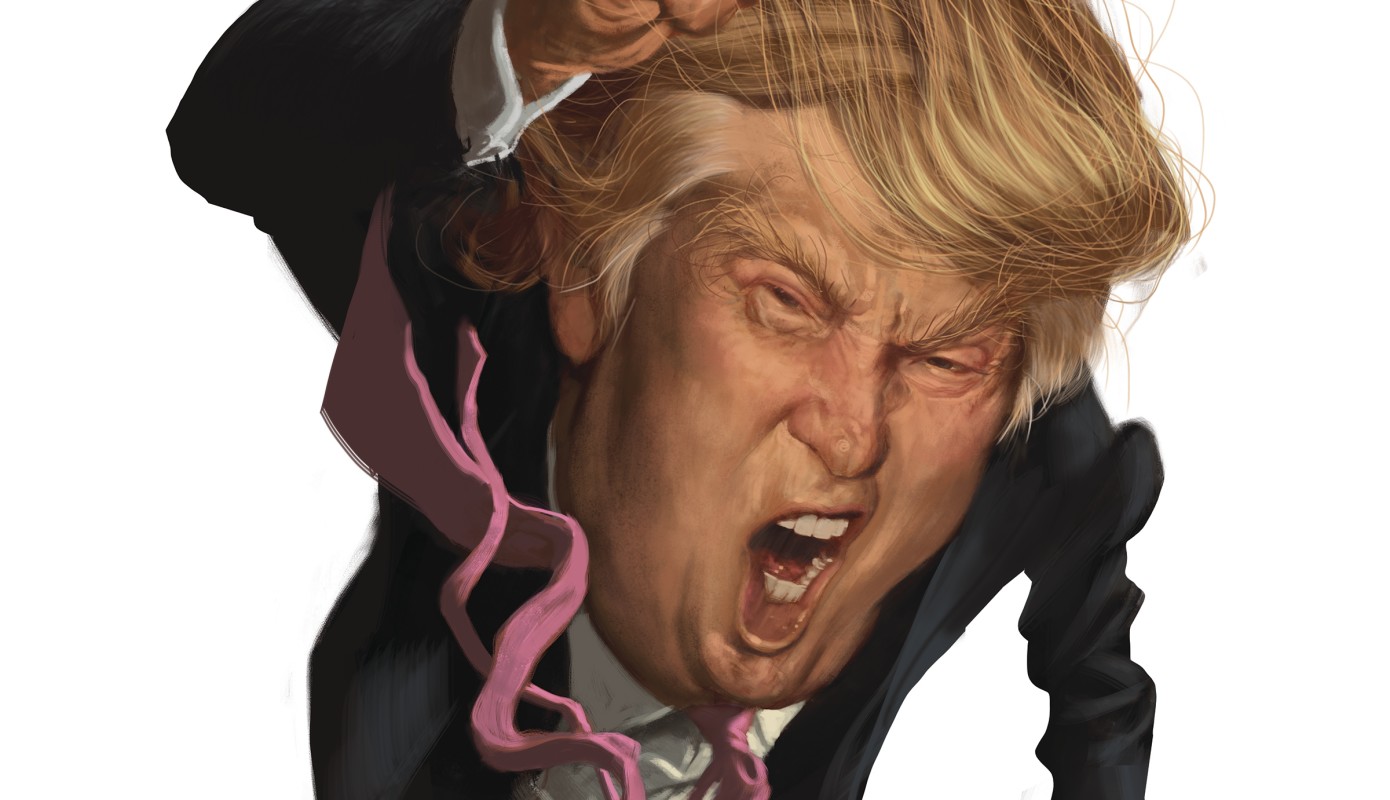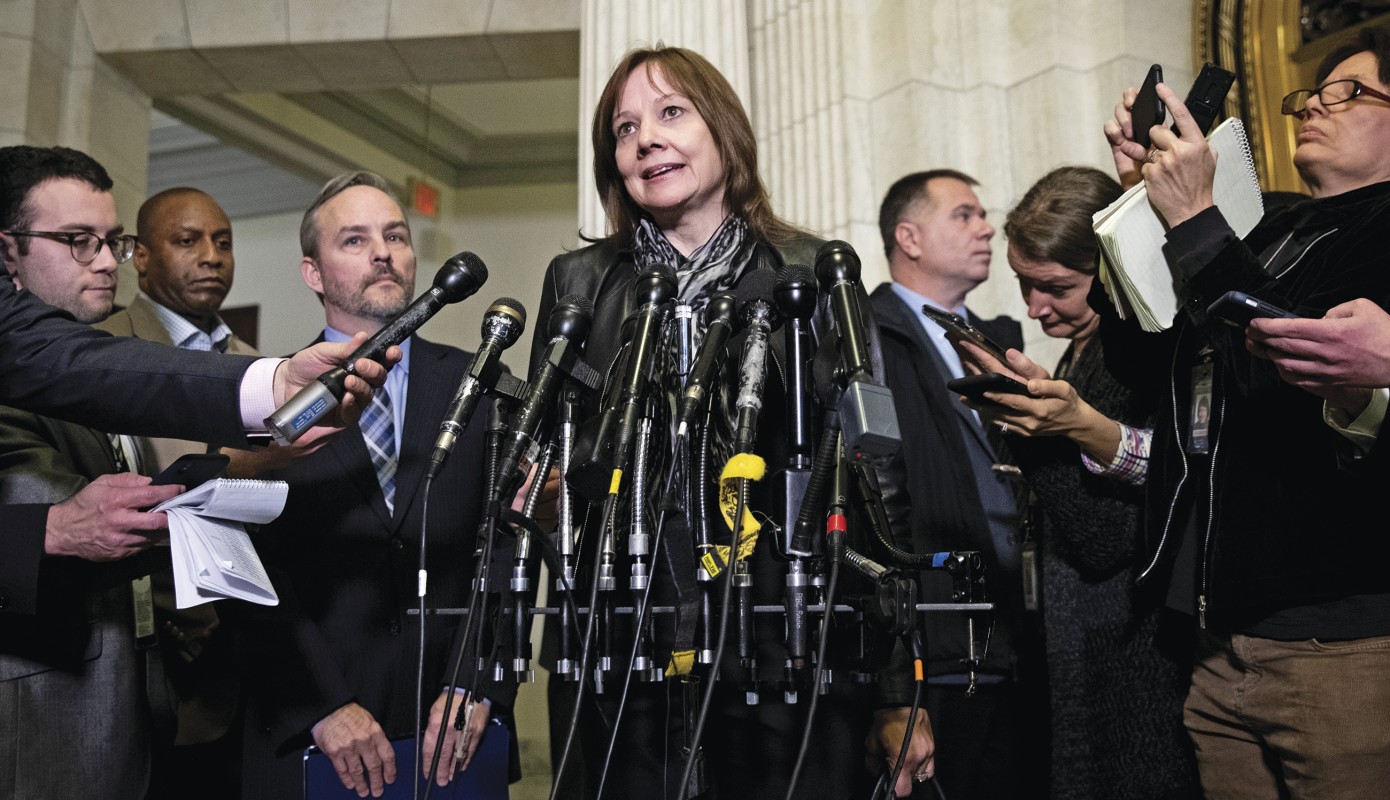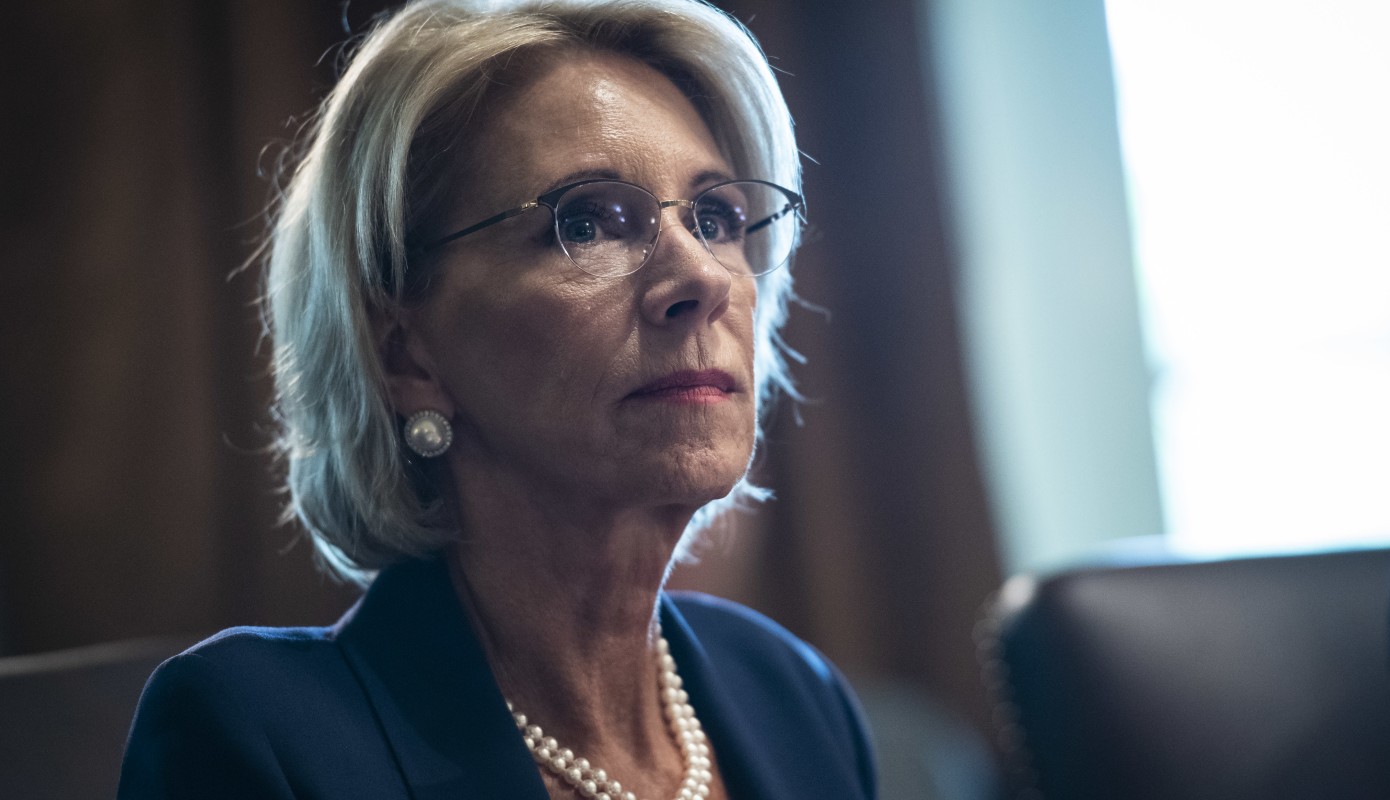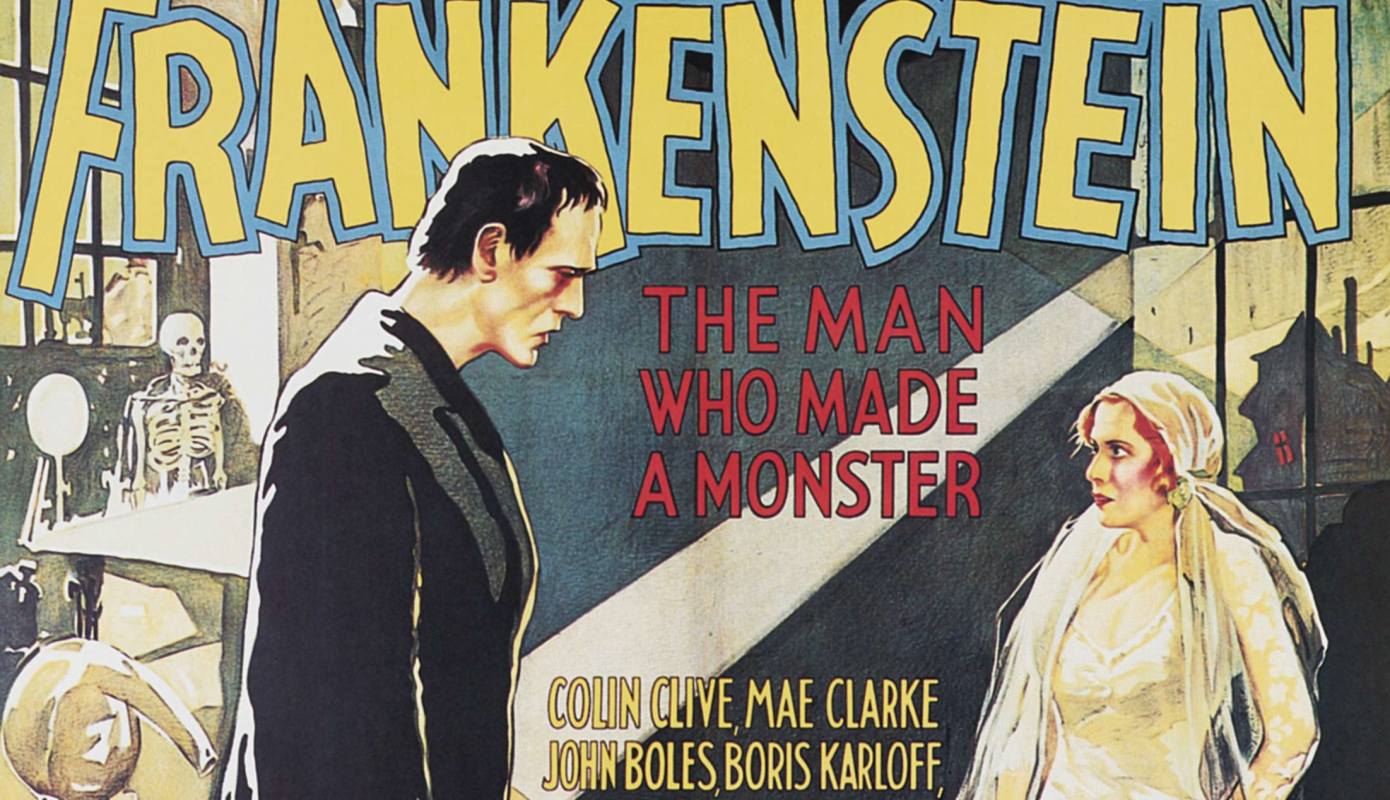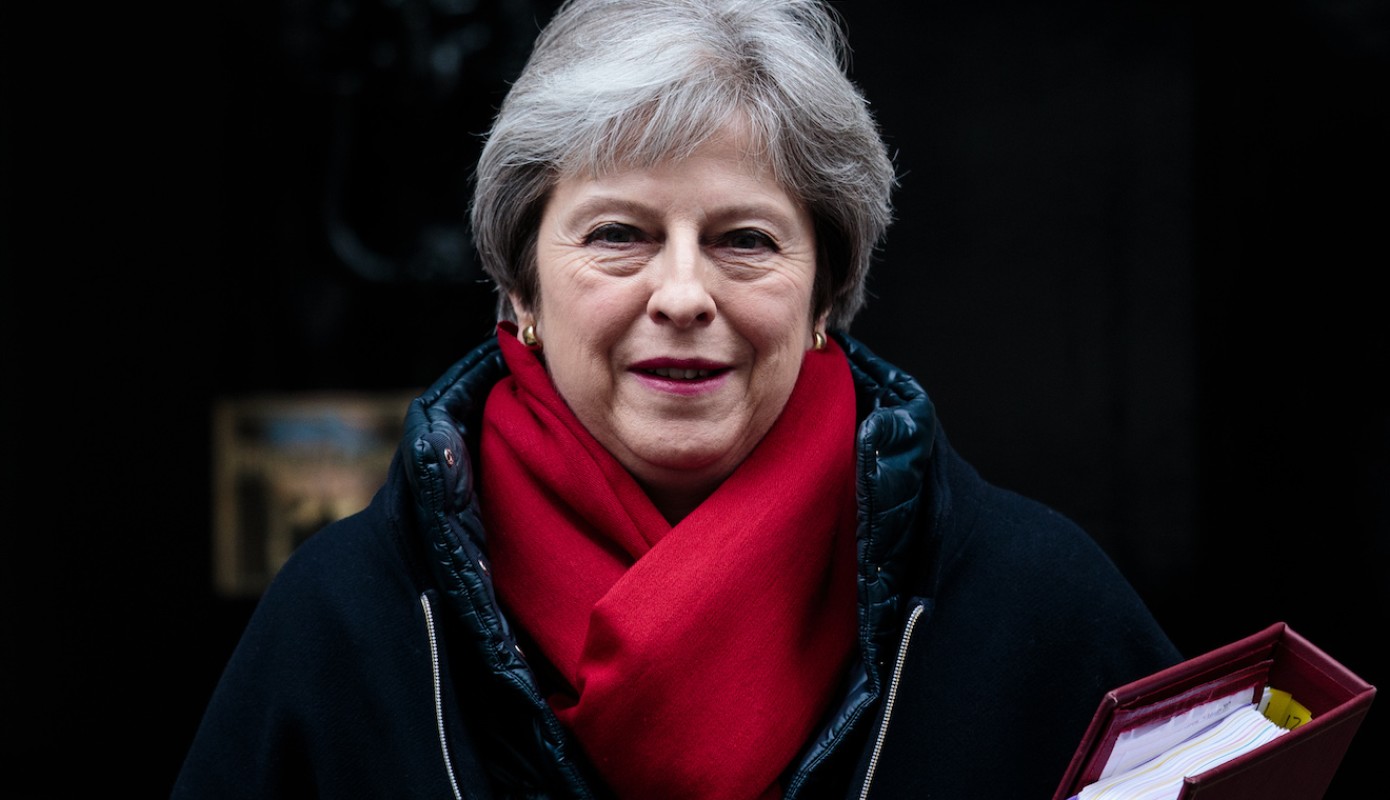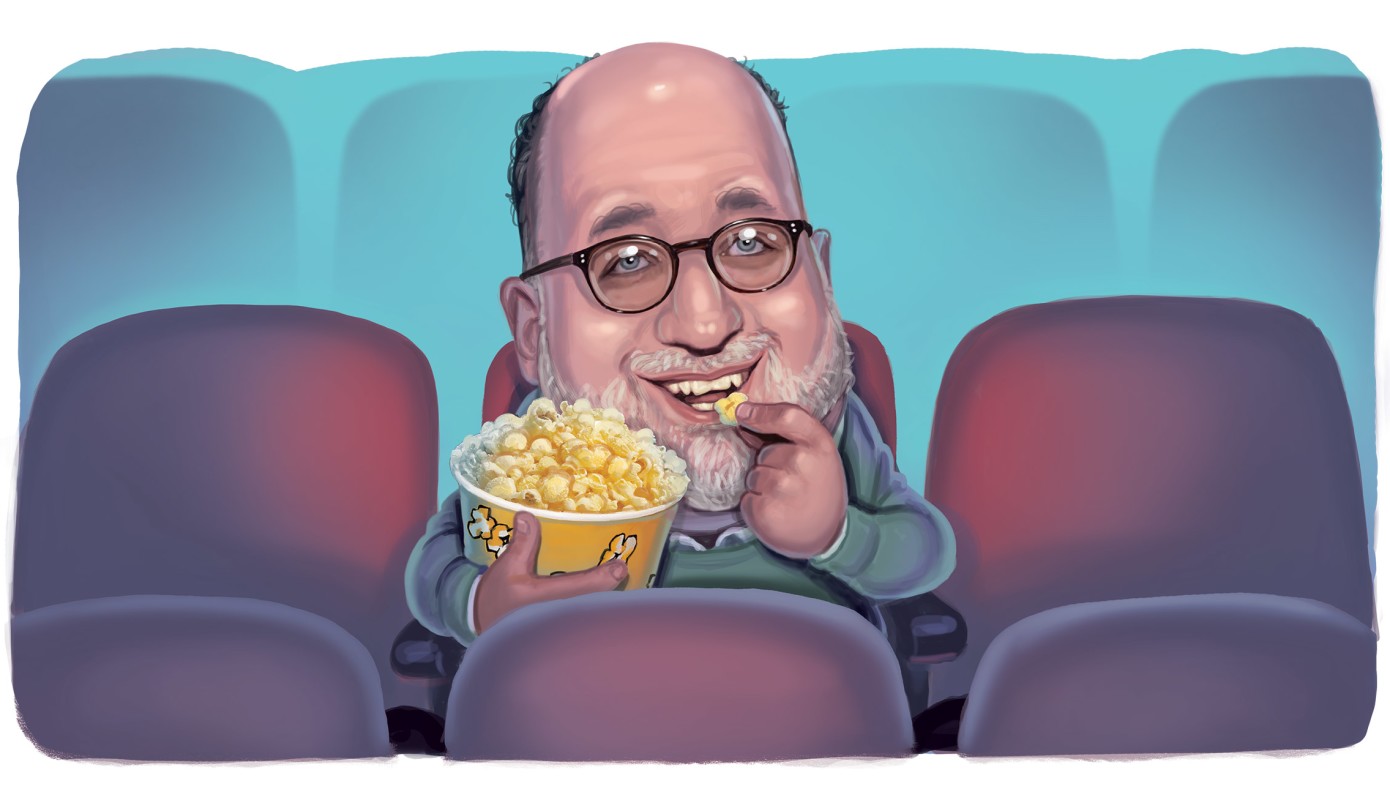We are each of us a black box, and I scarcely knew him, but even I could see there were many keys to George H.W. Bush. There was his personal graciousness, and his upbringing in the long vanished world of the Yankee ascendency; his background in business and his conflicted feelings toward the grimier machinery of politics (they were, in this order: distaste, revulsion, and eventual surrender); his unresting ambition and his hard work. What was most important for me, though, was that he was our last president to have been born before World War 2, and the last to have lived through it, and to have nobly served in it.
It’s hard to believe now, but we weren’t supposed to talk about that in the election year of 1992, when I worked for him as a speechwriter. The president’s popularity had a hit a new low. (I once mentioned that when I went to work for him, in January, his approval rating was in the mid-40s, and by March I had managed to get it down to 35. “I think I might have given you a little help,” he said.) At age 68, Bush was facing a mortal threat from a young, audacious Southern governor who, among other achievements along a slippery career path, had dodged the draft in the 1960s. It seemed absurd, simply unimaginable to those of us who worked for Bush and admired him without limit, that a Vaseline-voiced politician with a personal hair dresser could knock off, politically anyway, a hero of World War 2.
But the decision came down from the pollsters and strategists who were running the campaign. Bush’s speechwriters and the surrogates campaigning for him were not to touch on the war, or make reference to his service as the youngest Navy pilot of his generation, on the grounds that such loose talk could only remind voters that he was 68 and Bill Clinton wasn’t. The focus groups had rendered their judgment, and there was no point arguing: this was a “change election” (they talked that way back then, too) and the country wanted a fresh face, young blood. We did what we were told, but none of us liked it. It struck me as simultaneously an act of ingratitude to our betters and a squeamish concession to the cult of youth that the boomers had introduced into the country and even now won’t die.
As it happened, Bush never liked to talk about the war anyway, especially not in public. An accurate account of his service—you can look up the details—would sound like bragging. Also, mentions of the war and the men who fought it tended to choke him up. The month before I went to work for him the country had marked the fiftieth anniversary of Pearl Harbor. The speechwriters turned out a set of speeches steeped in encomiums to the Greatest Generation—to Bush’s generation. The speech drafts, a friend told me later, came back from the Oval Office with whole sections crossed out. Anything purple, anything wistful or sentimental, was gone. “Not gonna make me cry!” Bush told one of my colleagues, in mock anguish. In the event, when it came time to deliver the speeches, he puddled up anyway.
So the winter ended and the campaign limped through the spring into the summer with no mention of the war or the Greatest Generation. The poll numbers sunk further. Then, suddenly, another decision was handed down: we could talk about the war! I never knew why the embargo was lifted—probably a focus group in a swing state had a change of heart and decreed that maturity and experience were good qualities to have in a president. I learned about the reversal in the most unnerving way possible. Late one afternoon I got a call from a higher-up in the White House (I had lots of higher-ups).
“What do you know about the battle of Guadalcanal?” he asked.
“Nothing.”
“I figured,” he said. He told me a gathering of Marines who fought at Guadalcanal was to be held the next morning at the Iwo Jima memorial, across the river in Arlington, to mark the fiftieth anniversary of the battle. Campaign strategists had appropriated the ceremony as a fitting occasion to reacquaint Americans with the fact that their president was a war hero. And I was to write his remarks.
One of the White House’s tireless, endlessly resourceful researchers came to my rescue and deep into the night we learned everything we could about the battle of Guadalcanal. The first thing we learned was that it wasn’t a battle—more like a campaign, six months long, to dislodge an entrenched army from an island the Japanese saw, correctly, as the key to their defense of the Pacific. No sooner had the Marines landed than the American fleet was hammered by the Japanese from the sea and air, forcing a hasty retreat and leaving the Marines with only sporadic resupply as they engaged the enemy. Our attacks involved not only air assaults but episodes of savage hand-to-hand combat in the steaming jungles and along the jagged hillsides. As the months wore on, as their fellow soldiers watched from around the world, the scope of the fighting grew to legendary proportions. The researcher unearthed a bit of doggerel that had circulated among troops in the Pacific and even Europe: “Say a prayer for your pal on Guadalcanal.”
My higher-up had told me the speech had two requirements. The first was political. The campaign strategists insisted it contain a reference to the heroes of the Gulf War—the year before Bush had commanded the war with great subtlety and courage, but voters seemed to have forgotten it and they needed reminding. The second condition came from the president: no sentimental stuff. Not gonna make me cry! I didn’t know whether “say a prayer” would make the cut.
The president arrived in Arlington the next morning. Under a brilliant sun hundreds of Marine veterans were spread across the hillside that slopes gently away from the statue of the flag raising at Iwo Jima. They gave Bush a splendid ovation. For forty years, much longer than my (then) lifetime, the president of the United States had been a veteran of World War 2. No matter what happened in November, Bush would be the last of them, and the thought lent a special poignancy to the event.
“For the Marines Guadalcanal was remembered as an epic struggle,” John Keegan wrote in his history of the war. “Men who had fought there bore an aura of endurance which veterans of almost no other Pacific campaign acquired.”
And here they were, fifty years on, a stalwart sampling of the generation that saved the world—old men now, slathered in sun block against the glare, dressed in shorts and Hawaiian shirts, others in Izod and Dockers, gray or mostly balding, wearing gimme caps and shades and flip flops or sneakers, pot bellies much in evidence. There was lots of facial hair, rarely seen in the 1940s, to compensate for what had gone missing up top. They were seated in lawn chairs or sprawling with their grandkids on blankets.
Bush had revised the remarks that morning and worked on them some more on the drive from the White House. The aide who rode with him in the limousine told me the president liked the speech, including the old bit of doggerel. “It doesn’t get too emotional,” the aide said.
Bush delivered it with a few of his usual improvisations—shout outs to a clergy member, hat tips to other honored guests. He praised the courage of the men who hadn’t made it off the island fifty years earlier and, by implication, the courage of the men who sat before him now, who had survived, only to continue the bloody hopscotch from island to island for three more years
“There was a rhyme passed around during those dark months that I’m sure many of the marines here remember . . . Every Marine who wasn’t fighting on the island knew the lines. ‘Say a prayer for your pal on Guadalcanal.’”
At the words many of the men roared approval; others rose and applauded, obviously pleased. I stood off to the side behind a rope line, feeling an intruder.
They are nearly all of them gone now, of course. And Bush joins them. No one could ask for a greater honor than serving such a man, and by extension serving them too.
Bush wrapped up the speech with the usual “God bless the United States of America.” He did the ritual hand shakes, and with the awkward grin and a wave quickly headed back to the car. A quarter of a century later, I like to think that as he ducked into the backseat I saw him dab his eye.
